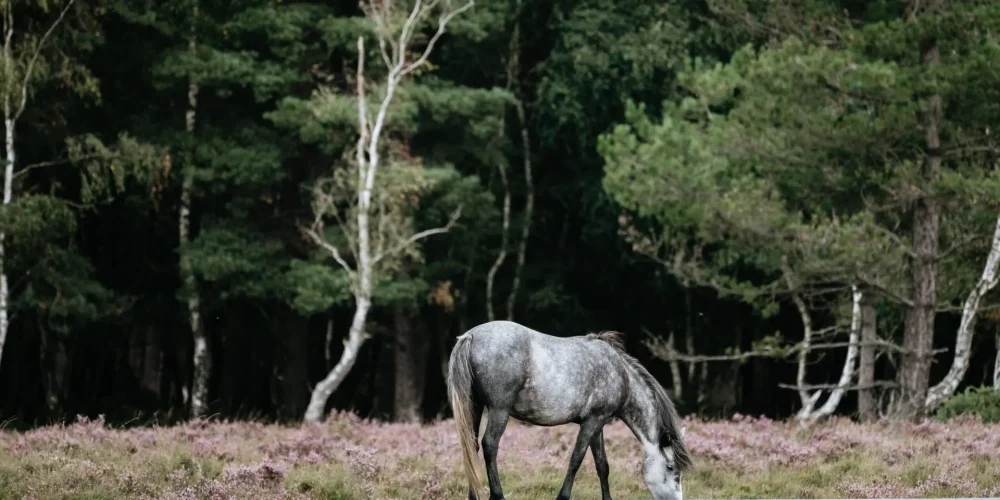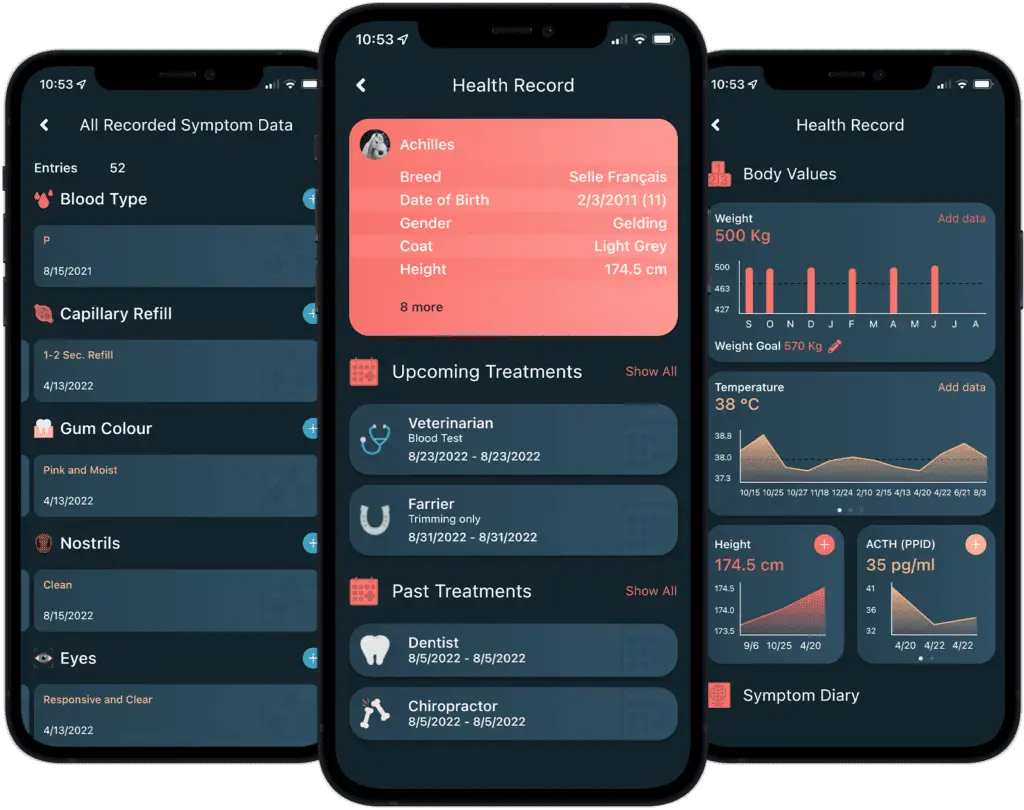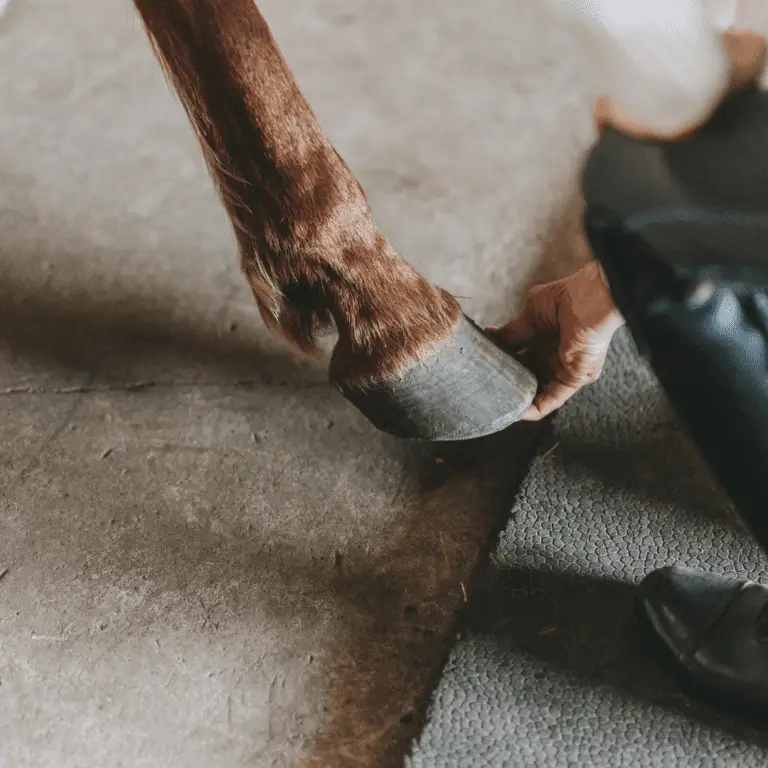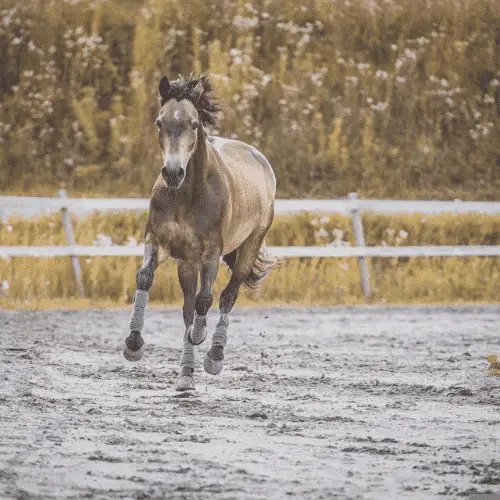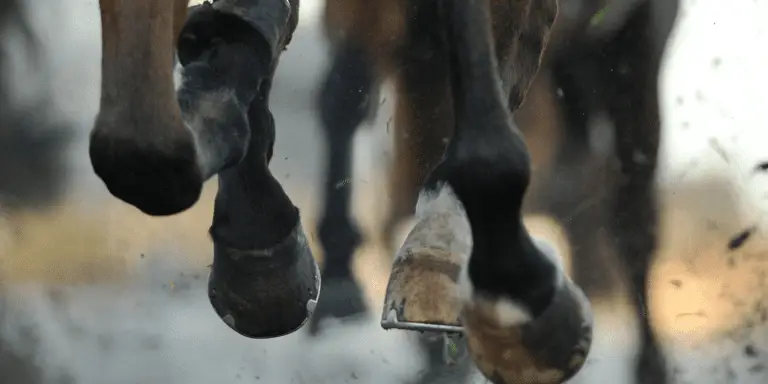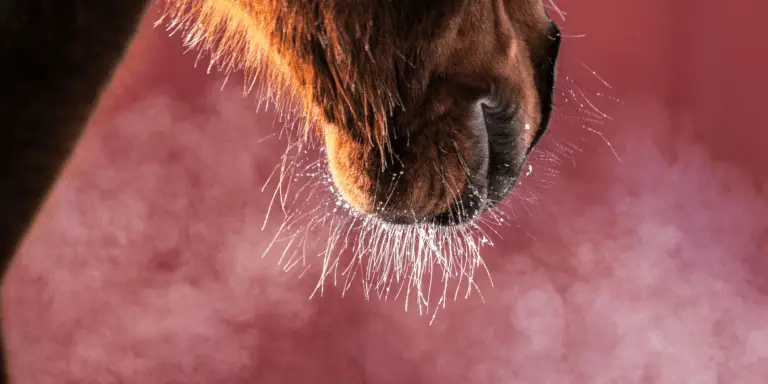
Pollen Alert! How to Protect Your Horse from Summer Allergies
Pollen Alert! How to Protect Your Horse from Summer Allergies Sneezing in the stable? When itchy noses and tough breathing become a problem. While spring and summer bring enjoyment for us, many horses suffer due to pollen season. Horses, just

